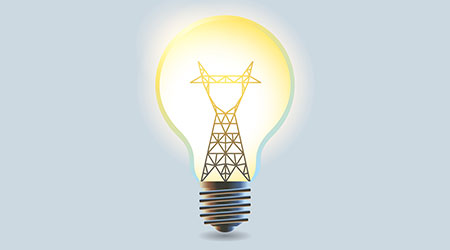The loss of power at a hospital, can be catastrophic, according to an article on the Microgrid Knowledge website.
Hospitals need electricity for day-to-day needs as well as critical functions such as ventilators and dialysis machines.
Hospitals can also be a shelter for the surrounding community during emergencies. Because of this hospitals need some form of backup power. A microgrid can combine a variety of energy sources while managing energy supply and demand. During an emergency, a microgrid can continue to supply the hospital with power when the surrounding grid goes down.
Plus, microgrid prices are becoming more competitive, and the COVID-19 pandemic has forced hospitals to be flexible in where they route and treat patients. And while hospitals generally have back-up generators for their critical branches, a power outage could cause the rest of the building to go dark, according to a Utility Dive article.
Read the full Microgrid Knowledge article.

 The High Cost of Healthcare Violence
The High Cost of Healthcare Violence EVS Teams Can Improve Patient Experience in Emergency Departments
EVS Teams Can Improve Patient Experience in Emergency Departments East Tennessee Children's Hospital to Become Dolly Parton Children's Hospital
East Tennessee Children's Hospital to Become Dolly Parton Children's Hospital The Future of the Global Hospital Hygiene Market
The Future of the Global Hospital Hygiene Market Rethinking Fire Safety Inspections
Rethinking Fire Safety Inspections